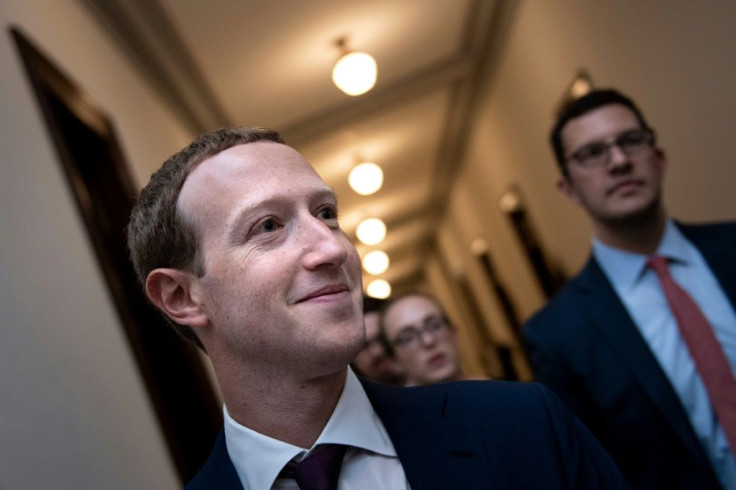Facebook Says Free Speech Trumps Lies: Community Standards Don't Apply To Politicians

Despite the role misinformation planted by Russian entities played during the 2016 presidential election, Facebook this week confirmed its community standards don’t apply to politicians: They can say anything they want as long as it’s newsworthy.
The newsworthiness test applies to hate speech and harassment as long as the public interest in viewing the content outweighs the risk of harm. The new policy presumes speech from politicians is always newsworthy, and Facebook will not subject it to factchecking.
“This is extraordinarily reckless,” Vanita Gupta, president and CEO of The Leadership Conference on Civil and Human Rights, said in an opinion piece published by Politico. “In effect, Facebook is providing politicians free rein to spread misinformation and racially divisive content with no accountability.”
YouTube, a Google subsidiary, has adopted a similar policy to Facebook’s as has Twitter, which has said it would warn users of a tweet violates company policies.
Special Counsel Robert Mueller’s investigation of Russian intervention in the 2016 election determined agents from Russian intelligence opened numerous Facebook accounts and accounts on other social media platforms for the purpose of stirring racial divisions in the U.S. as well as spreading falsehoods, including the accusation that Hillary Clinton was involved in a child abduction ring operating out of a Washington pizza parlor.
Gupta, a former deputy legal director of the American Civil Liberties Union and former head of the Justice Department’s Civil Rights Division, called Facebook’s policy unreasonable.
Nick Clegg, vice president of Global Affairs and Communications for Facebook, said in a speech and blog post late last month Facebook relies on third-party factcheckers to help reduce the spread of false news and other types of misinformation.
“We don’t believe, however, that it’s an appropriate role for us to referee political debates and prevent a politician’s speech from reaching its audience and being subject to public debate and scrutiny,” Clegg said.
He added that despite Facebook’s community standards, “If someone makes a statement or shares a post which breaks our community standards, we will still allow it on our platform if we believe the public interest in seeing it outweighs the risk of harm. … From now on we will treat speech from politicians as newsworthy content that should, as a general rule, be seen and heard.” The policy will not apply to ads.
Facebook is in the midst of finalizing plans for an oversight board in an attempt to form a consensus on what users want. The oversight board will be responsible for providing transparency and fairness to content moderation.
© Copyright IBTimes 2024. All rights reserved.




















